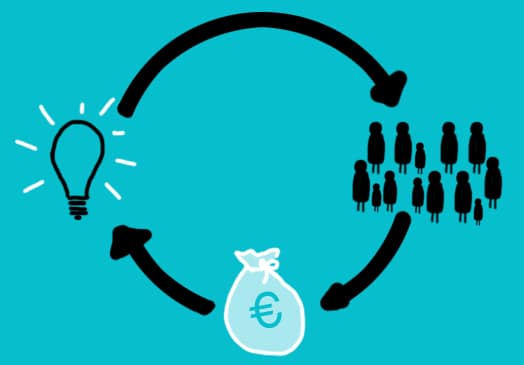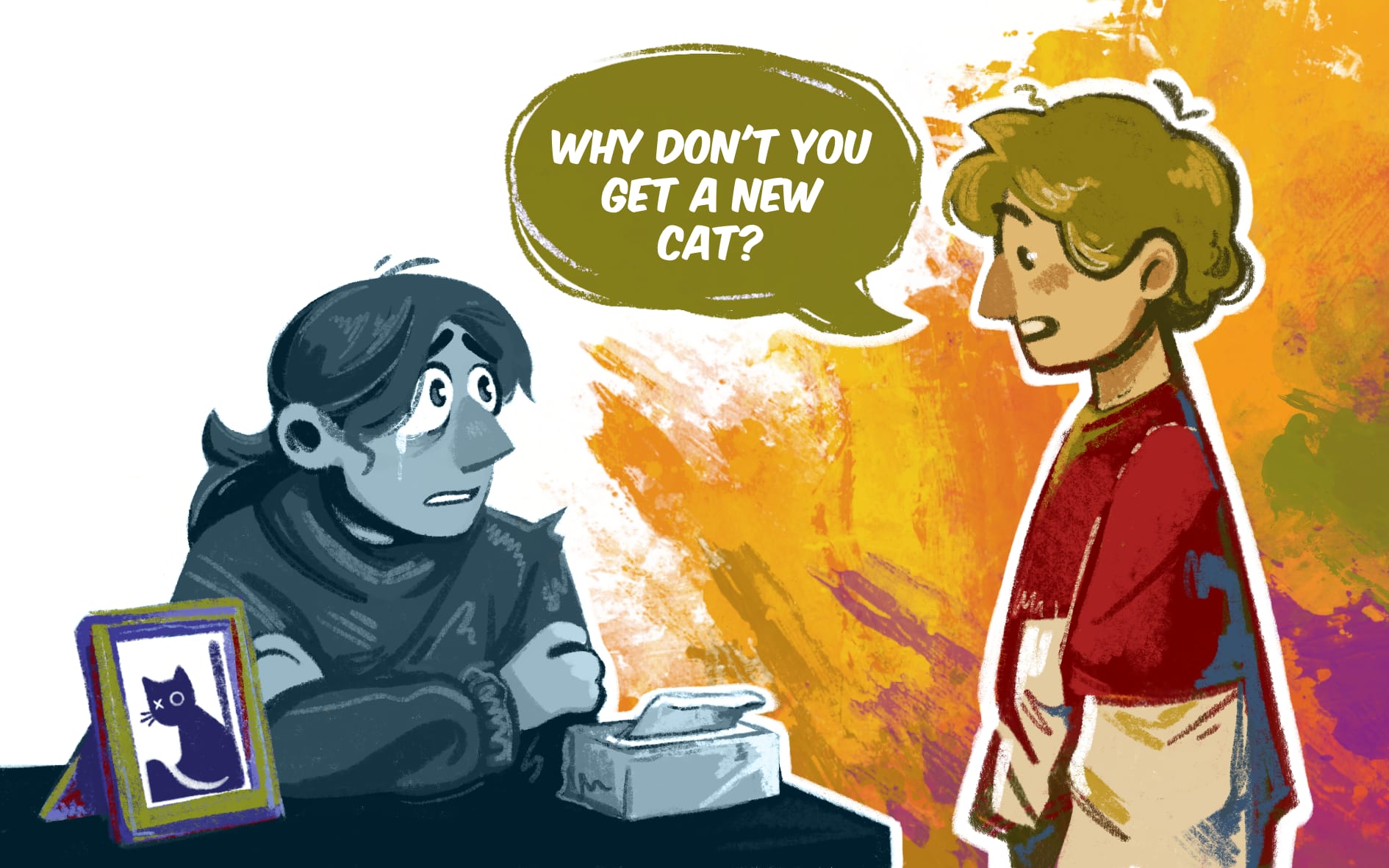
How to Crowdfund LSD
Second-year Psychology students participating in the University Honours College follow a mini-course on Blogging Science (within the Thematic Meetings course), in which they learn to communicate science to the general public, by means of informing, giving an opinion, and relating issues in science to issues in society. This year a selection of these written blog posts is published on Mindwise. This post is by Marco Schlosser.
‘Crowdfunding the world’s first imaging study of the brain on LSD’ was the catchy headline that caught my attention while scrolling down my Facebook newsfeed recently. Crowdfunding is the organized effort to raise money from a large number of individuals, whose single contributions may not be high, but, if collectively put towards a common goal, can enable large-scale projects (e.g., Planetary Resources, an American company whose major long-term goal is to mine asteroids, managed to raise $1.5million for a space telescope via Kickstarter) (1, 2).
“One of the nicest feelings for me is coming home with the knowledge that participants had profound experiences and that we captured what was happening in their brain during these experiences”
Through a similar crowdfunding campaign, the world’s first fMRI study of the brain on LSD raised £23,000 within three days. Professor Davit Nutt, former chief advisor on drugs for the UK government, and his research team from Imperial College London had earlier announced their project on the crowdfunding platform walacea.com (3). The research team’s initial goal was to raise £25,000 pound in 60 days. Two weeks into the campaign, the countdown feature on Walacea’s homepage displayed the remaining days and the amount raised in pounds, 46 and 42,489, respectively. Right next to these encouraging numbers, you can get to know the researchers via a four-minute YouTube video. “One of the nicest feelings for me is coming home with the knowledge that participants had profound experiences and that we captured what was happening in their brain during these experiences,” says Dr. Carhart-Harris, one of the lead researchers. With the LSD molecule attached to their serotonin-2A receptors, participants enter the 3-million dollar fMRI tube. A camera has been installed inside the scanner, which captures expressions of awe, streams of tears, and contented smiles. The scenes touch me, and not just due their emotional appeal. I admire these researchers who persisted despite decade-long hardship. They poured their hearts and skills into a controversial research project, whose mere mention might have easily jeopardized entire scientific careers only years ago. In fact, Professor Nutt was fired in 2009 from his governmental advisor position after accumulated research results convinced him to positively re-evaluate MDMA’s (short for 3,4-methylenedioxy-methamphetamine) applicability for treating Posttraumatic Stress Disorder (PTSD) (4,5).
“The study of psychedelics can address two fundamental questions: ‘How does the brain work?’ and ‘Can we use the alterations in brain function for medical benefit?”
“The study of psychedelics can address two fundamental questions: ‘How does the brain work?’ and ‘Can we use the alterations in brain function for medical benefit?”, Nutt describes. Watching the video and reading the additional description on the website, fosters an immediate and personal connection between you and the researchers, the participants, the project and potentially the entire spirit of scientific exploration itself. If the gratifying feeling for financially supporting such a project might not be enough for you, then a long list of perks encourages donations. Donating ten pounds gets you access to an online seminar about LSD’s effects on the brain. Twenty-five pounds are rewarded with a ticket to the official presentation of the research findings in London later this year, followed by a drink reception hosted by the research team. I donated thirty pounds and will receive a limited edition print of the first brain images of a human brain on LSD. You are not just remotely observing science anymore; rather, you become an integral part of the scientific process. Call it clever marketing if you will, but it works (and feels empowering). Science has never experienced this level of populism. The crowdfunding of scientific research is here to stay. How will it develop? What challenges will arise? We don’t know!
Certainly, there is the imaginable danger that crowdfunding could disrupt the capital market enough to turn the world of science into a marketing contest. The crowd might develop value systems that are counter to the scientific spirit: sexiness over merit! However, that vision might be too grim. On the contrary, crowdfunding might attract parts of the public that would not have even considered donating to science otherwise. Well-designed crowdfunding campaigns could become a medium to educate the ‘crowd’ about science in an interactive way. The fear of important but seemingly less sexy research losing its governmental funding might be unfounded. Scientific funding might not adversely shift, but rather increase overall.
Right now, the opportunity to crowdfund research is a blessing for researchers whose scientific endeavors are too controversial to allow an unhindered flow of traditional funding. The powerful boundary-dissolving experiences study participants frequently report on LSD could one day be a metaphor for how scientific research, crowdfunding, and the internet synergized to reach each and every one of us more directly.
Dr. Carhart-Harris’ current research would have been postponed by years without the financial and emotional support of a charitable public. He is confident that your money is spent wisely: “We are working in an area, which is set to be the next big thing in psychology and psychiatry, and I truly believe that. I believe in the therapeutic benefits of these drugs.”
Relevant Links and Publications
- http://www.theguardian.com/science/2015/jan/02/crowdfunded-science-scientists-fund-research
- http://www.planetaryresources.com
- https://walacea.com/campaigns/lsd/
- http://www.bbc.com/news/health-16678322
- https://www.maps.org/research/mdma
NOTE: Image by Rocío Lara, licenced under CC BY-SA 2.0




This is an interesting and well written post Marco. I’d say, once the public becomes more and more integrated in the scientific process, we will see more donations. Crowdfunding is here to stay.